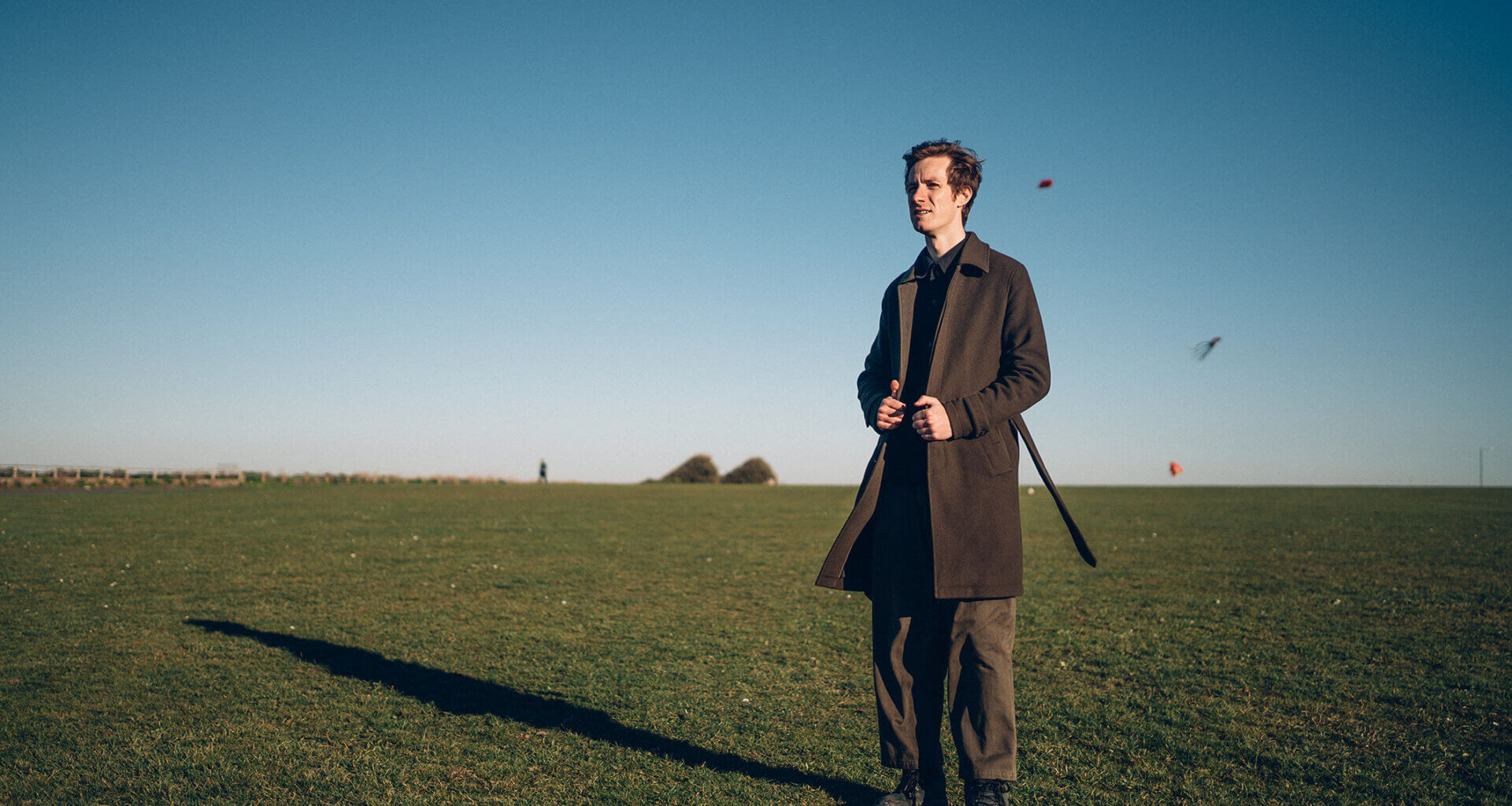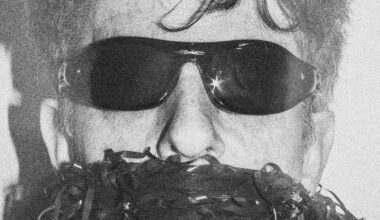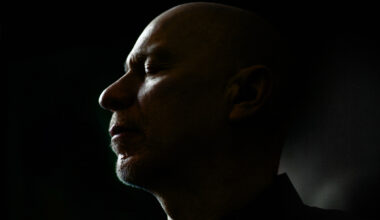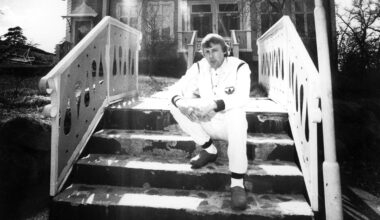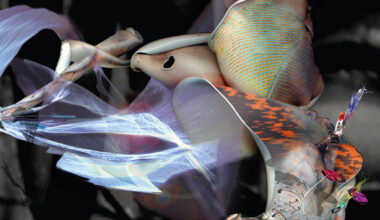Shortlisted for a Mercury Prize under his previous guise as East India Youth, William Doyle has evolved into a scintillating solo artist. His new Eno-assisted album ‘Springs Eternal’ – steeped in ambitious and dreamy art-pop – is arguably his finest work yet
Want to read more?
Sign up to Electronic Sound Premium to gain access to every post, video, special offers, and more. 100%, all you can eat, no commitment, cancel any time.
Already a premium member? Log in here
